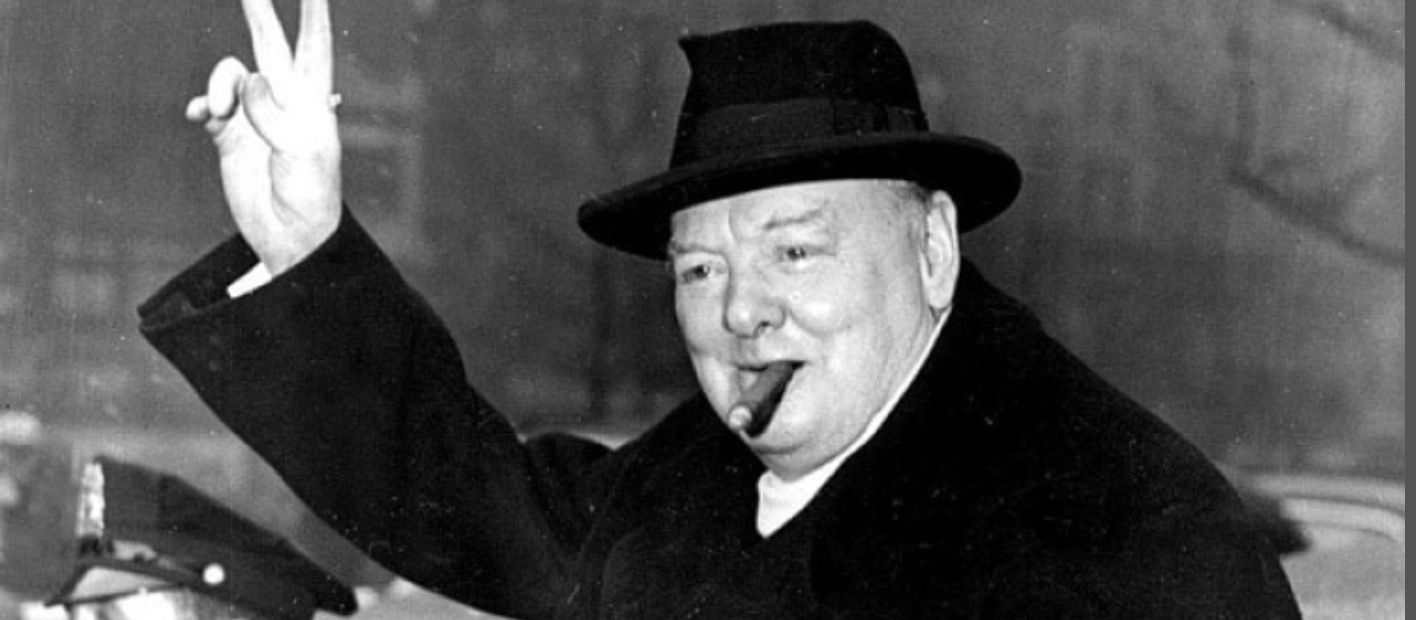Winston Churchill: How to Lead with Confidence During a Crisis
Winston Churchill is remembered not only as a British Prime Minister but also as one of history’s greatest crisis leaders. His leadership during World War II exemplified resilience, decisiveness, and the ability to inspire confidence amidst turmoil. Through his words and actions, Churchill demonstrated how to face overwhelming challenges with unwavering determination.
In this article, we’ll explore Churchill’s approach to crisis leadership and the strategies that helped him inspire a nation. His insights remain profoundly relevant today, offering guidance for anyone navigating uncertain times.
1. Embrace the Power of Optimism
Churchill firmly believed in the power of optimism, particularly during trying times. Despite facing seemingly insurmountable odds, he famously encouraged the British people to remain hopeful. His speeches were filled with determination and positivity, showing his belief that hope is essential in overcoming adversity.
How to Cultivate Optimism in a Crisis:
In times of crisis, focusing on the positives can be challenging but transformative. Set an example by finding hope in small victories, expressing gratitude for team efforts, and keeping sight of long-term goals. Leaders who can balance realism with optimism help their teams remain motivated and resilient, even in difficult circumstances.
2. Communicate Clearly and Honestly
Churchill’s speeches are renowned for their honesty and clarity. He didn’t shy away from discussing the harsh realities of war, but he balanced this honesty with encouragement. By speaking directly to the British public, he built trust and earned their confidence.
Applying Clear Communication in a Crisis:
In any crisis, it’s vital to communicate openly. Keep your team informed about both the challenges and the solutions being implemented. Avoid sugar-coating reality; instead, frame it within the context of a shared goal. Transparency builds trust, and trust is essential for maintaining morale and unity during difficult times.
3. Make Decisive Choices
One of Churchill’s strengths as a leader was his ability to make tough decisions quickly. Even when the outcome was uncertain, he understood the importance of taking action. Churchill’s decisiveness showed his team and his nation that he was committed to moving forward, no matter the obstacles.
How to Develop Decisiveness in Leadership:
In times of crisis, indecision can lead to confusion and fear. To become more decisive, assess the situation, consult with trusted advisors, and make a choice based on available information. While not every decision will yield perfect results, taking action instills confidence in your team and helps maintain forward momentum.
4. Display Resilience in Adversity
Churchill embodied resilience, facing numerous setbacks throughout his life and career. Even when situations looked bleak, he never surrendered to despair. Instead, he used these experiences to grow stronger, demonstrating that true leadership requires persistence in the face of hardship.
Building Resilience as a Leader:
To lead with resilience, view setbacks as opportunities for growth. Encourage your team to learn from challenges rather than being defeated by them. Maintain a steady presence and adapt to changing circumstances. By modeling resilience, you inspire your team to approach difficulties with a proactive and optimistic mindset.
5. Inspire Through Vision and Purpose
Churchill’s speeches were infused with a sense of purpose, emphasizing the greater cause for which the British people were fighting. His words rallied the nation and gave them a reason to persevere, even in the darkest hours.
Inspiring Your Team with Vision:
During a crisis, remind your team of the larger purpose behind their work. Emphasize the mission and values that guide your organization. Leaders who can clearly articulate the “why” help their teams stay focused and motivated, even when the path forward is challenging.
6. Lead by Example
Churchill understood the importance of leading by example. He didn’t just ask others to be brave—he demonstrated courage in his actions and words. By embodying the qualities he expected from others, Churchill gained the respect and admiration of his people.
How to Lead by Example in a Crisis:
Show up as a role model for the qualities you want to see in others. If you expect your team to stay calm, make sure you remain composed under pressure. Demonstrate the commitment, hard work, and resilience that you value. When leaders lead by example, they inspire their team to follow suit.
7. Adaptability in the Face of Change
Crisis situations often demand flexibility and quick adaptation. Churchill was known for his ability to assess the changing landscape of war and adjust his strategies accordingly. His adaptability allowed him to navigate complex situations effectively.
Developing Adaptability as a Leader:
Stay open to new ideas and approaches. In a crisis, avoid rigid thinking; instead, be willing to pivot as circumstances evolve. Listen to feedback, evaluate new information, and be prepared to change your approach when necessary. Adaptable leaders are better equipped to handle uncertainty and lead their teams toward solutions.
8. Practice Empathy and Compassion
Though known for his toughness, Churchill also demonstrated compassion and empathy for his people. He understood the hardships they faced and acknowledged their sacrifices. His empathy helped build solidarity and trust.
Applying Empathy in Leadership:
Recognize and address the emotional needs of your team. Show that you understand the stresses they’re under and offer support. Empathy fosters a sense of unity and encourages open communication, helping everyone navigate the crisis with greater resilience.
9. Focus on Long-Term Success, Not Short-Term Comfort
Churchill often prioritized long-term goals over immediate comfort. He made tough decisions that were not always popular but were necessary for the future well-being of his country. This focus on lasting success ensured that his leadership efforts had a lasting impact.
Leading with a Long-Term Perspective:
When faced with difficult choices, consider the long-term impact rather than just the immediate relief. Sometimes, the most challenging decisions lead to the best outcomes. A leader with a vision for the future will inspire confidence and commitment, even when sacrifices are required in the present.
10. Courage and Confidence Amidst Uncertainty
Perhaps Churchill’s greatest legacy as a leader is his courage. He faced one of history’s most daunting crises with an unwavering confidence that inspired a nation. His belief in his cause and his people carried them through the darkest days of World War II.
Building Courage in Crisis Leadership:
Believe in yourself, your team, and your mission. Courage doesn’t mean the absence of fear but the willingness to act in spite of it. Show confidence in your abilities and decisions, and your team will find strength in your resolve. Courageous leaders create a culture of bravery and resilience that sustains teams through even the most difficult times.
Conclusion: Emulating Churchill’s Leadership During a Crisis
Winston Churchill’s leadership during World War II stands as a powerful example of how to lead with confidence during a crisis. By combining courage, resilience, empathy, and a clear vision, he inspired a nation to persevere. His approach to crisis leadership teaches us that, even in the most challenging circumstances, we can find strength within ourselves and inspire others to do the same.




